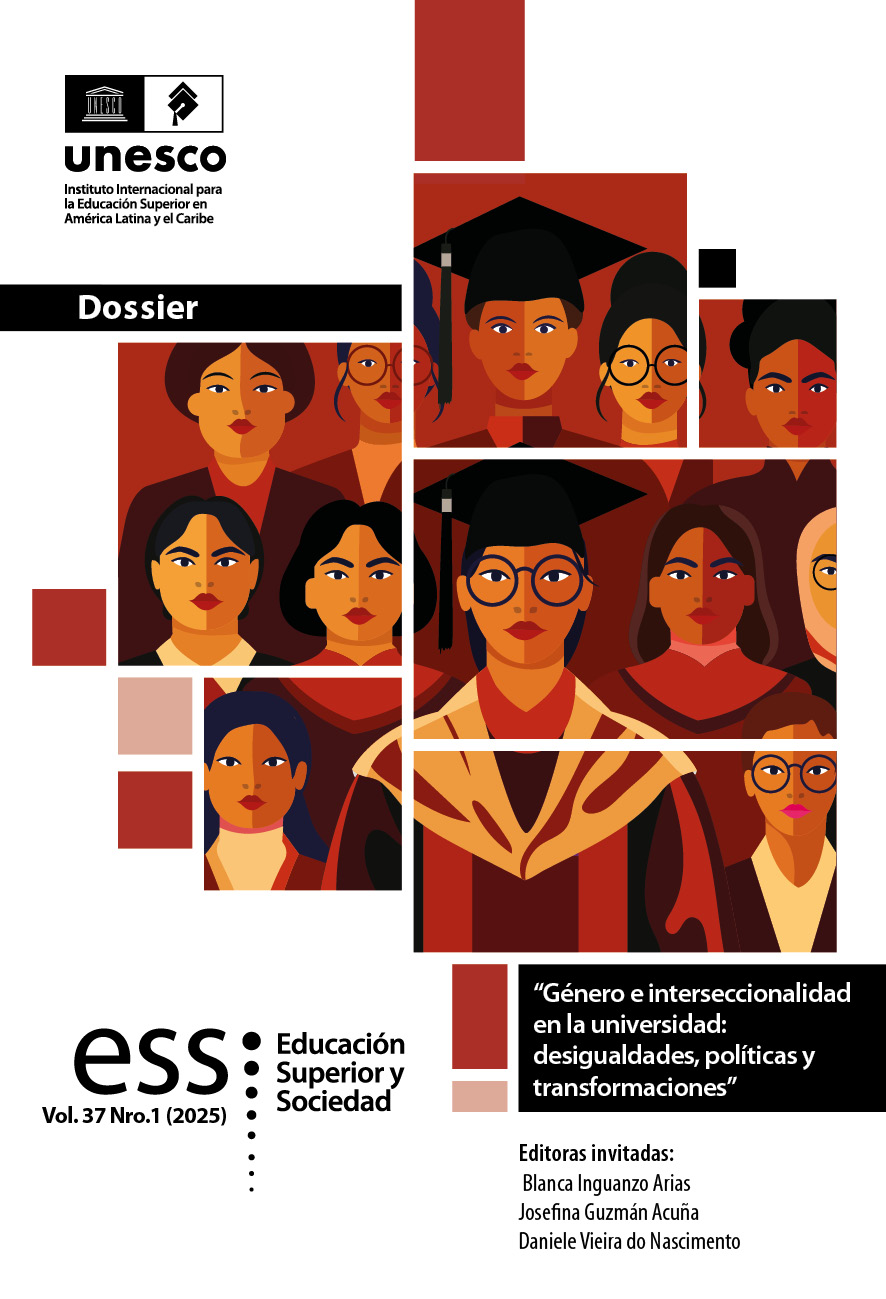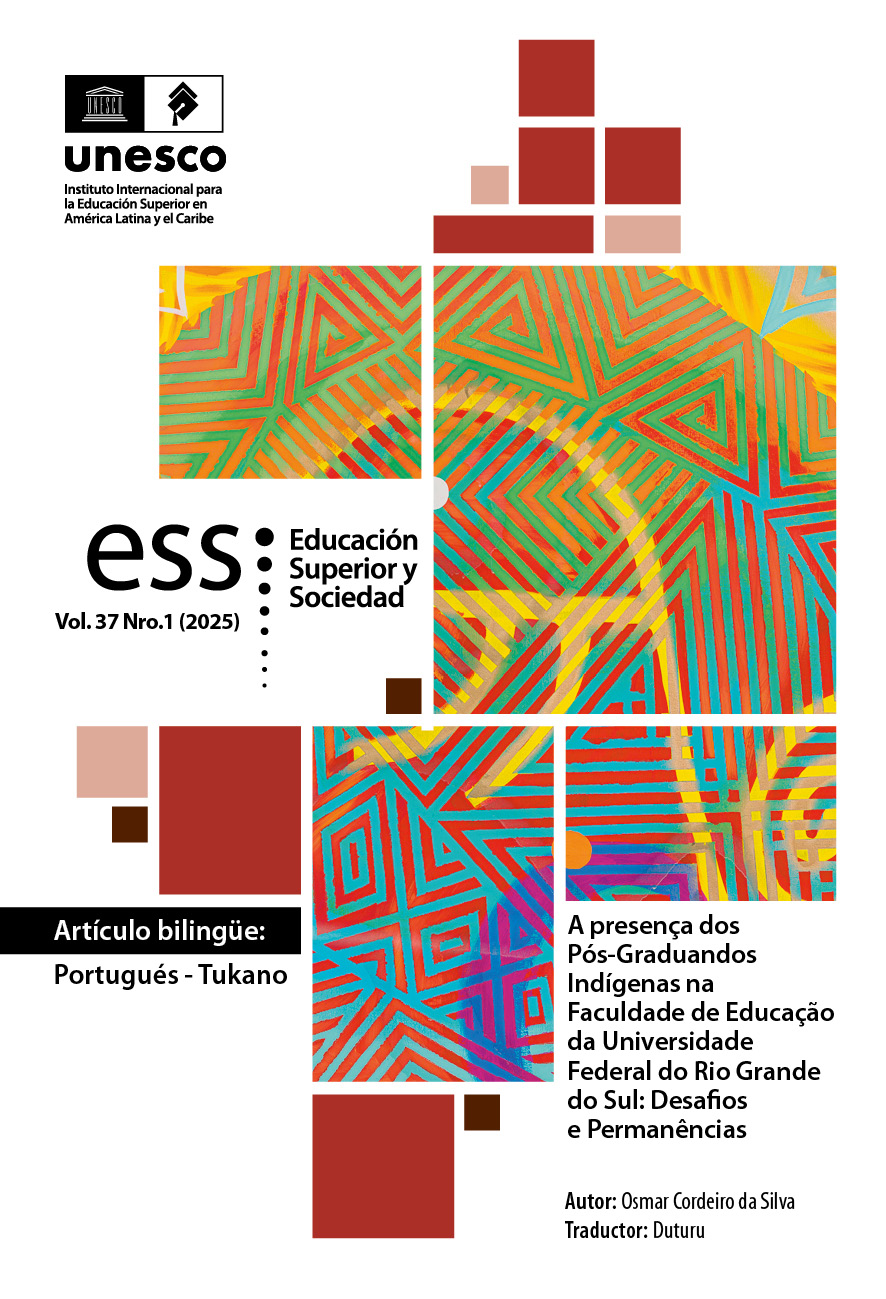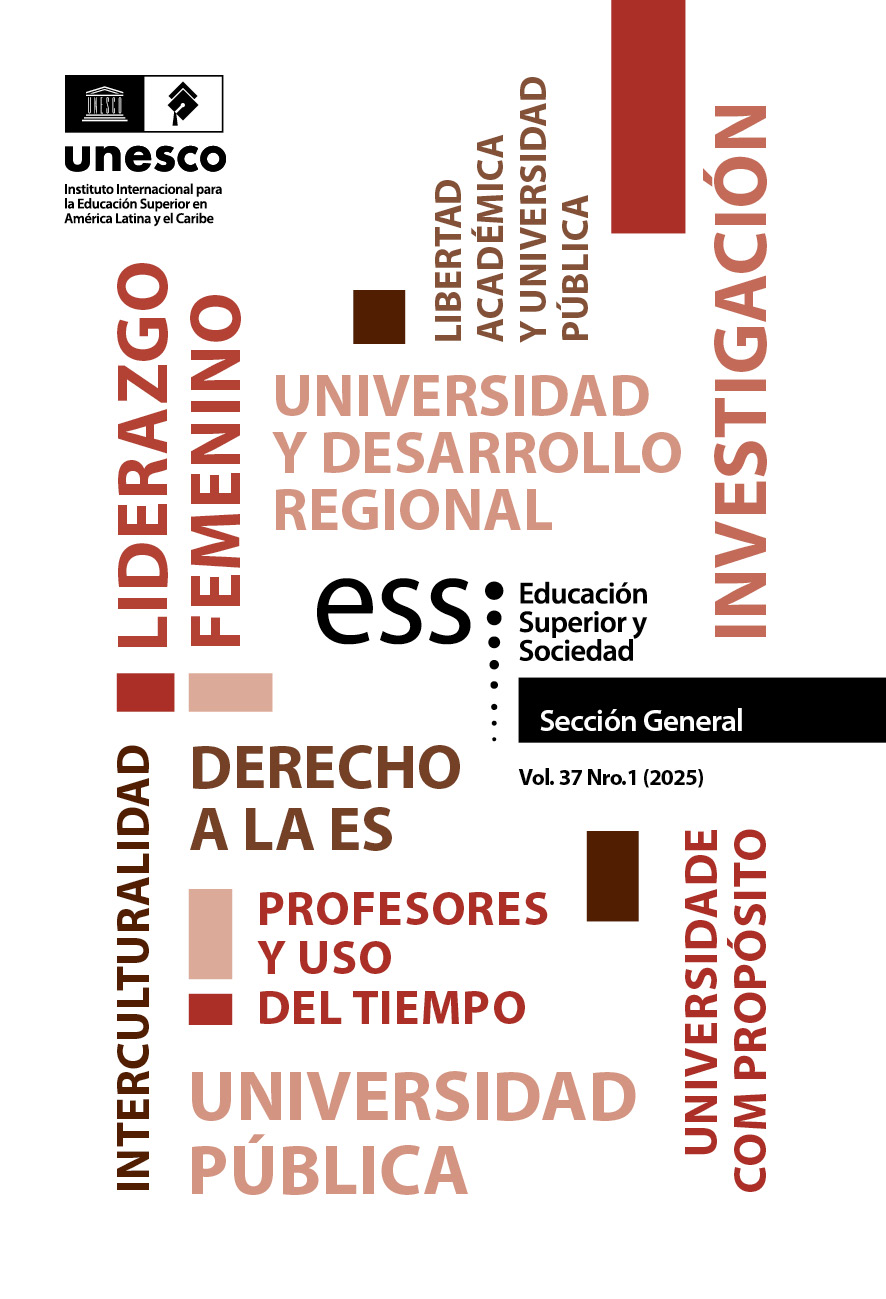

The thematic dossier contained in this new issue of the journal ESS is an invitation to governments, university authorities, academics, and students to deepen their commitment to substantive equality. Framed in the maxim that advancing towards inclusive and equitable universities means contributing to the consolidation of more just, democratic, and sustainable societies, the discussion of the various papers presented offers a critical and proactive overview of gender and intersectionality in the university. Through case studies, comparative analysis, and innovative theoretical frameworks, the articles examine how inequalities are configured in different contexts and what policies and practices can contribute to transforming them. From experiences of women's leadership in public universities to inclusion policies for indigenous and Afro-descendant communities, the contributions in this issue seek not only to describe problems but also to propose paths for action. The general section, on the other hand, enriches this debate by presenting varied research on university work. The research in this section, although not explicitly focused on gender, allows us to understand how the structural challenges of higher education are intertwined with the agendas of equity and inclusion. Thus, in a world where social inequalities are becoming more acute, universities cannot remain neutral. Incorporating the gender and intersectionality perspective is not an option but an ethical and political responsibility. It is about recognizing that knowledge is richer, more diverse, and more transformative when all voices have a place and when institutions question their own biases. Also in this issue, the reader will find a bilingual article with translation into the language of native peoples, this time corresponding to a work on indigenous Tukano students.





